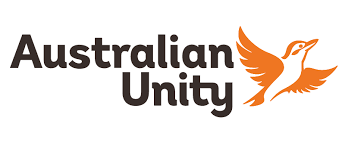The work test will be scrapped for non-concessional and salary sacrificed contributions made by individuals aged between 67 and 75 from 1 July 2022.
Currently, those individuals need to either pass the work test or satisfy the work test exemption criteria for each financial year that they make contributions in order for their super funds to accept these contributions. This change was designed to provide older Australians with more flexibility to contribute to their super and add to their retirement.
Contribution caps will still apply to any contributions made. The concessional contributions cap which relates to salary sacrificed contribution is $27,500 from 1 July 2021 to 30 June 2022. This cap is indexed every year in line with average weekly ordinary time earnings and may increase year on year. The non-concessional contributions cap from 1 July 2021 is $110,000 and is set at 4 times the concessional contributions cap. This means that if the concessional contributions cap goes up due to indexing, the non-concessional cap will also increase.
With the removal of the work-test from 1 July 2022, those individuals aged under 75 years of age will also be able to access the bring forward of non-concessional contributions in any one financial year, which may allow them to access up to three times the annual non-concessional contributions cap in a single year (ie up to $330,000 for the 2021-22 income year). Exactly how much can be accessed depends on the total super balance of the individual on 30 June of the previous financial year.
In addition to these incoming changes to the work test for non-concessional and salary sacrificed contributions, a change will also be made to personal contributions by those aged between 67 and 75 from 1 July 2022. From that date, these individuals only need to meet the work test if they want to claim a deduction for that personal contribution.
To pass the work test, an individual must be gainfully employed for at least 40 hours during a consecutive 30-day period in each income year in which contributions were made. It is an annual test, which means once it is met, the individual can make contributions for that entire income year.
“Gainfully employed” requires the individual to be employed or self-employed for gain or reward in any business, trade, profession, vocation, calling, or occupation. Unpaid work or passive income (eg interest, dividends, trust distributions, rent etc) do not satisfy the criteria of being gainfully employed.
If an individual cannot meet the work test, there is also the work test exemption which can be used to obtain a deduction for a personal contribution. To meet the work test exemption an individual must have: satisfied the work test in the financial year before the year in which the contribution was made; a total super balance of less than $300,000 at the end of the previous financial year; and not relied on the work test exemption in a previous financial year.
Speak to one of our accountants today if you have any questions or need assistance with super contributions: under 75S





